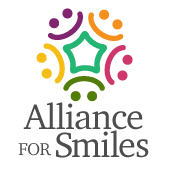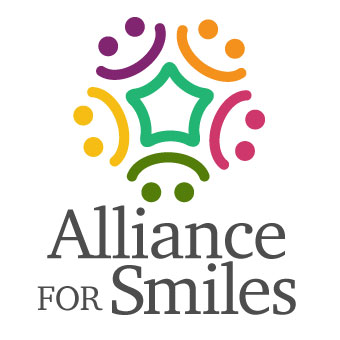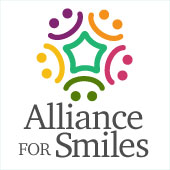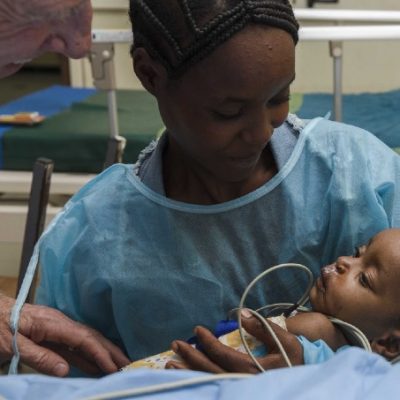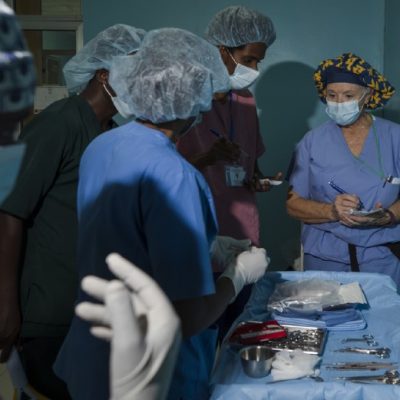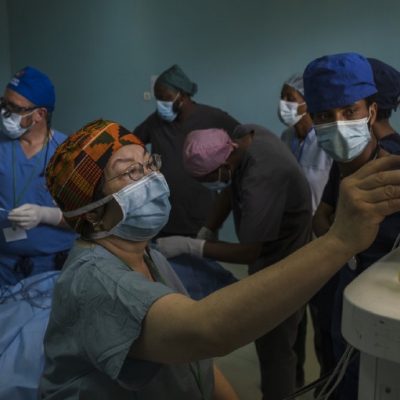Story: Kayla Green
Photos: Micah Green
This mission is one of doing and one of teaching. It’s a fine line, like a surgeon’s thread, a precise dosage intimately monitored, a lip remade.
Throughout the week, our team has managed time, scheduling, medicine and materials to complete a full load of successful surgeries and train more in-depth than simply telling and showing. Many people learn best by doing. They’re getting to. AfS continues to expand opportunities for and focus on vocational growth during missions. It’s one thing to visit a country and perform life-saving surgeries. It’s another altogether to set the hospital and its staff up to continue the work when the team is gone.
Under the safe, supportive and easy-natured supervision of Dr. Ryan Brown, surgical residents who had been listening and looking all week got their chance to make a lasting impact. After Brown performed the cutting and rebuilding, patients were stitched by their local doctors.
The morning before, nurse Melonie Blancaneaux eschewed sleep to arrive at the hospital earlier than her ward duties called for to conduct a lecture on post-op care a room full of doctors and nurses.
In return, we are blessed to learn about the people with whom we interact. The families and their stories from the grandparents and support system to the youngest infant. The hospital staff and their inspirations, from the head of surgery to the OR administrator. The driver who ensures we can restock on juice for the kids and the translators who ensure parents’ minds are at ease before, during, and after their child’s surgery in one of the handful of languages they may speak.
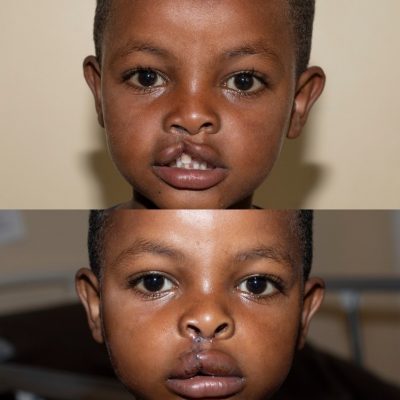
One of those families was a 20-year-old mother, her father and her two younger sisters who walked in with Tamirat Yosef, mom’s only child. “He’s the type of boy who has energy from the morning all the way to the night,” said the aunt who particularly enjoyed the adult coloring books.
The 4-year-old, who smiles at a simple fist bump, who patiently but intently waits for you to throw or hit or kick the Nerf ball back, hasn’t yet asked about his cleft lip. He’s not in school yet, and his mom wanted to get the surgery so he doesn’t grow up to face stigma and hardship that is all too common in communities across the world. Yosef and two other boys who also have cleft lips all traveled with their families together from 30 kilometers away.
AfS team members know stigma isn’t the only hardship people with cleft lips and palates encounter. Babies can find it harder to breastfeed, and bottles and formula can be hard to find, even more rarely affordable. These free surgeries are often, quite literally, lifesaving.
Genele Hulaka’s mother wanted to fix his bilateral cleft lip. The 3-month old is the woman’s fifth and youngest child and the only one with a facial cleft. He wouldn’t latch to her. His long, adorably lanky fingers and feet outsize his teeny arms and legs. Inside the PACU after surgery, she held him and “gave praise to the God.”
